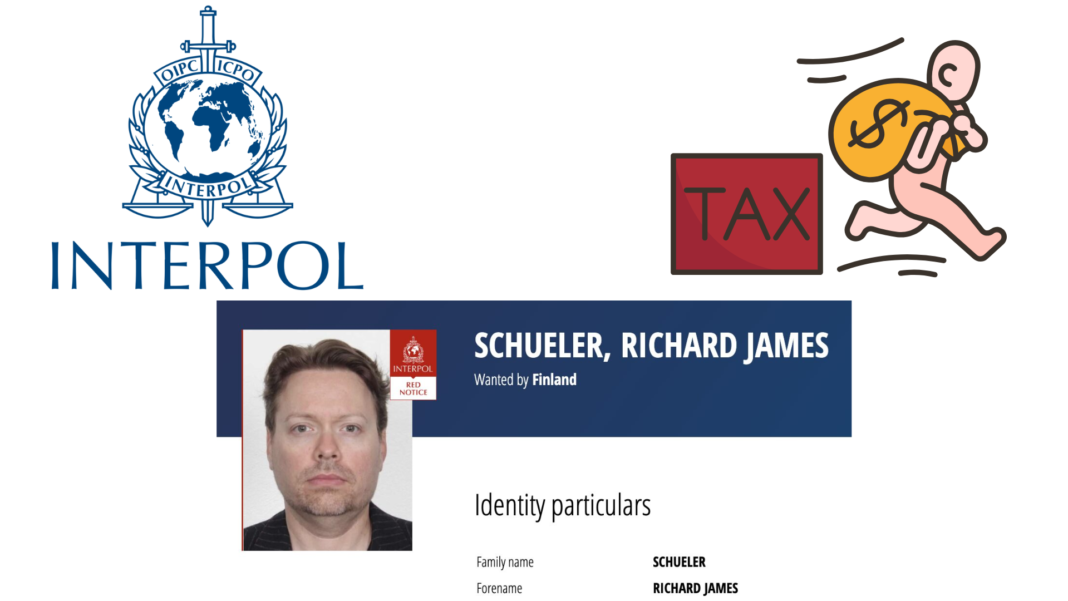Interpol has issued a “red notice” against Richard James Schueler (Richard Heart), the founder of Hex and PulseChain, also known to cryptocurrency investors as Richard Heart.
According to the official announcement, the largest international police agency in the world, Interpol, has sent a “Red Notice” to its member nations on behalf of Finland regarding Richard Heart’s tax fraud and alleged assault.
The notice comes after Richard Heart was previously under fire from The US SEC over fraud case as well.
Interpol Investigates Richard Heart’s Tax Fraud Case
Hex inventor Richard Schueler, also known as Richard Heart, has received a “Red Notice” from Interpol for allegedly committing violence and tax fraud.
An official notification to Interpol’s member nations that a legitimate national arrest warrant has been issued for a specific person is known as a “Red Notice.” If the desired individual is being held in another nation, the notice will frequently start the extradition process.
The European Union’s law enforcement agency, which lists Schueler among its most wanted criminals, states that Finland has issued an arrest warrant for Schueler on charges of assault and fraud totaling “hundreds of millions of euros” and for an alleged assault of a 16-year-old.
Allegations Against Schueler Include Tax Evasion and “Assault”
According to the notice, Schueler neglected to fill out his pre-filled personal tax filings with his income information and failed to file company tax returns for several years.
Schueler is also charged with assault on the website for allegedly assaulting a 16-year-old by “grabbing their hair, dragging them into the stairwell and knocking them to the ground before punching them four to five times in the face, nose, eyes, and head area causing pain, bleeding, and swelling.”
SEC’s Previous Charges Against Richard Heart
Previously, Richard Heart and three unincorporated companies under his control—Hex, PulseChain, and PulseX, were charged by the Securities and Exchange Commission with engaging in unregistered offerings of cryptocurrency securities that raised over $1 billion in investor capital.
In addition, the SEC accused Heart and PulseChain of fraud for embezzling at least $12 million in offering proceeds and using them to buy luxury items like watches, sports vehicles, etc.
The SEC’s lawsuit alleges that Heart started marketing Hex in 2018 as the first high-yield “blockchain certificate of deposit,” positioning Hex tokens as an investment that would make investors “rich.”
Heart and Hex allegedly offered and sold Hex tokens in an unregistered offering from at least December 2019 to November 2020, earning over 2.3 million Ethereum (ETH) through alleged “recycling” transactions that allowed Heart to acquire additional Hex tokens covertly.
Additionally, according to the complaint, Heart planned two more unregistered crypto asset security offerings between at least July 2021 and March 2022, each of which garnered hundreds of millions of dollars more in crypto assets.


